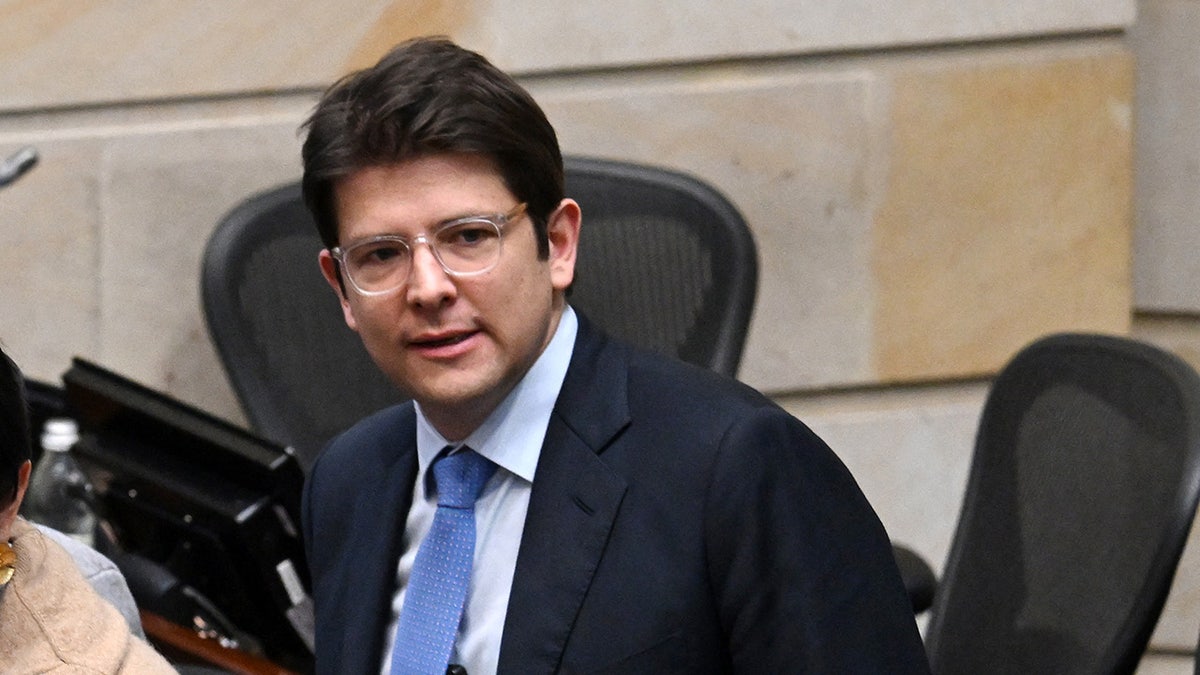Articles in this Cluster
10-06-2025
NATO is conducting its BALTOPS naval exercises in the Baltic Sea with 50 ships and thousands of personnel from 17 countries, showcasing alliance readiness amid rising tensions with Russia. Concerns have grown over Russia’s “ghost fleet” of sanctioned tankers suspected of espionage and sabotage of undersea infrastructure, including incidents of damaged cables. After NATO states increased stop-and-search actions, Russia began escorting these vessels, heightening risks in the region’s crowded, narrow waterways. Officials warn of miscalculation as communication channels with Russia have eroded. While Russia’s Baltic Fleet is limited, it retains specialized regional capabilities. The presence of major U.S. ships, including USS Paul Ignatius and USS Mount Whitney, aims to deter Russia and reassure smaller NATO navies confronting noncompliant shadow fleet vessels.
Entities: NATO, BALTOPS, Baltic Sea, Russia, ghost fleet • Tone: analytical • Sentiment: neutral • Intent: inform
10-06-2025
The EU proposed its 18th sanctions package against Russia, featuring a ban on using the Nord Stream underwater pipelines between Russia and Germany and blacklisting 77 additional vessels from Russia’s “shadow fleet” that transports its oil. Separately, Eurostar announced a €2 billion expansion, including new direct routes from London to Frankfurt and Geneva.
Entities: European Union, Russia, Nord Stream pipelines, Germany, shadow fleet • Tone: analytical • Sentiment: neutral • Intent: inform
10-06-2025
NATO Secretary General Mark Rutte urged a “quantum leap” in collective defense, calling for a 400% increase in air and missile defenses, plus major boosts in armored vehicles, tanks, artillery shells, and enabling logistics. Citing Russia’s wartime production and coordination with China, North Korea, and Iran, he warned Moscow could threaten NATO within five years and stressed that deterrence requires higher spending. Ahead of a Hague summit expected to endorse a Trump-inspired 5% of GDP target for defense and related areas, the UK is poised to raise defense outlays toward 3–3.5% within a decade as part of the “Hague investment plan,” despite domestic spending pressures. Rutte emphasized Europe and Canada must shoulder more of the burden while maintaining strong U.S. commitment to NATO.
Entities: NATO, Mark Rutte, Russia, China, North Korea • Tone: urgent • Sentiment: neutral • Intent: warn
10-06-2025
Sky News analysis of NATO chief Mark Rutte’s London speech argues it was both a warning and an embarrassing admission: despite sanctions, the West continues to fund Russia’s war by buying its oil and gas, with Russian gas and LNG exports to Europe rising and fossil-fuel revenue exceeding Ukraine’s allied support. Rutte warned Russia could challenge NATO within 3–5 years as Moscow’s fully mobilized economy produces munitions at a rate far surpassing the West—reportedly four times more, with quarterly Russian shell output exceeding NATO’s annual total—despite Russia’s far smaller economy. The piece criticizes Europe for effectively subsidizing Russia while asking taxpayers to spend more on defense, calling the situation “insane and obscene” and historically indefensible.
Entities: NATO, Mark Rutte, Russia, Europe, Ukraine • Tone: analytical • Sentiment: negative • Intent: critique
10-06-2025
Nato Secretary General Mark Rutte warned that China’s rapid military expansion—especially its navy and nuclear arsenal—combined with its alignment with Russia, Iran, and North Korea, poses a growing security challenge. He argued that Euro-Atlantic security is interconnected with developments in the Pacific and urged Nato to deepen partnerships in the Indo-Pacific to address Beijing’s rise. Rutte cited projections that China’s navy could reach 435 ships and over 1,000 operational nuclear warheads by 2030, highlighting China’s vastly greater shipbuilding capacity compared to the US.
Entities: NATO, Mark Rutte, China, Indo-Pacific, Russia • Tone: analytical • Sentiment: neutral • Intent: warn
